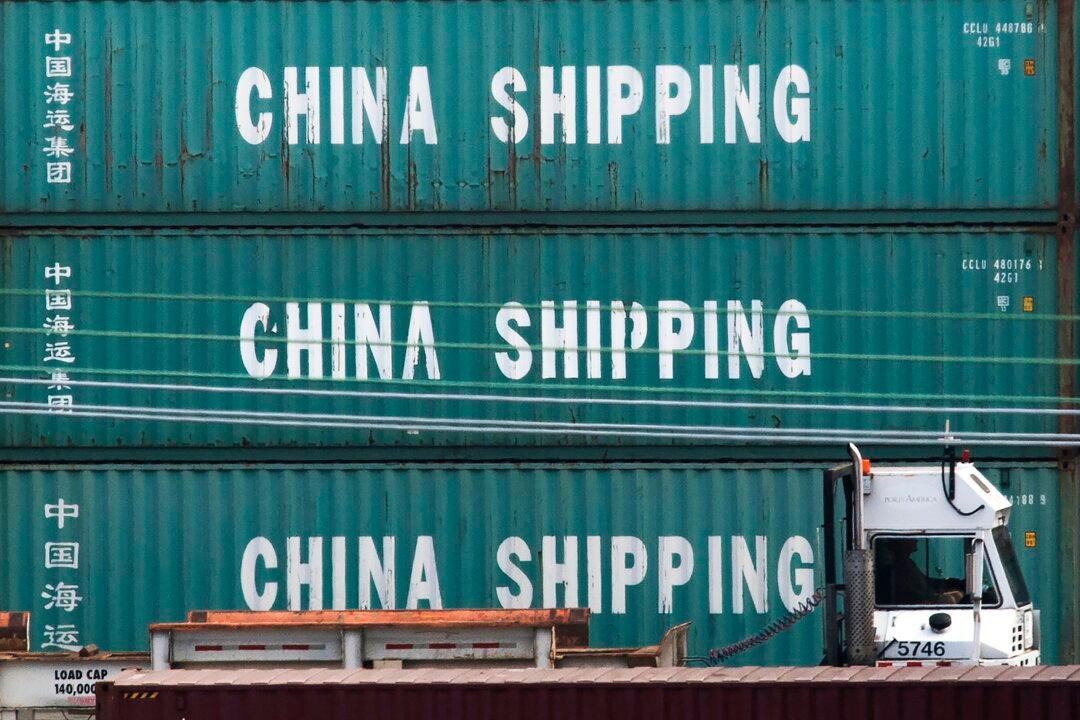The world could begin to see a “significant shift away from China” as companies and governments reevaluate their business ties with the regime in the aftermath of the Russia–Ukraine war, according to economic analyst Christopher Balding.
Balding, who specializes in Chinese economy and technology as a senior fellow at the Henry Jackson Society, a UK trans-Atlantic foreign policy think tank, made the suggestion after the head of BlackRock, the world’s largest asset manager, said the Russian invasion has marked the end of globalization, with nations and businesses opening an economic war against Russia, and more generally, reconsidering their dependency on other nations.





